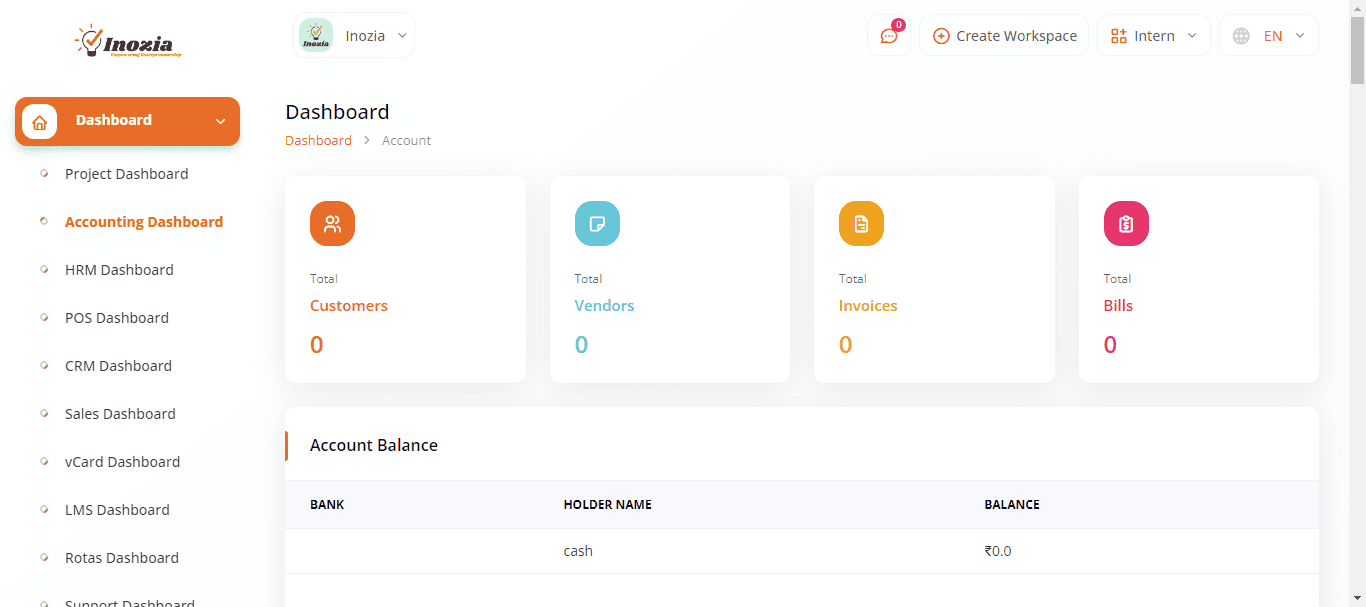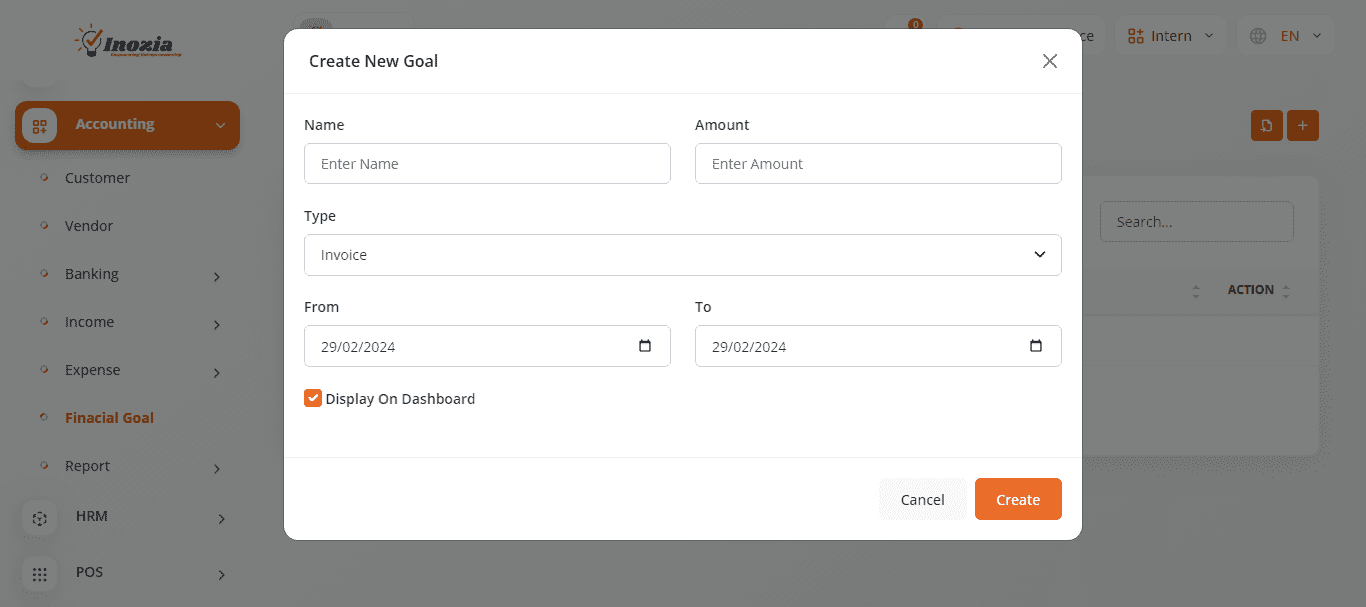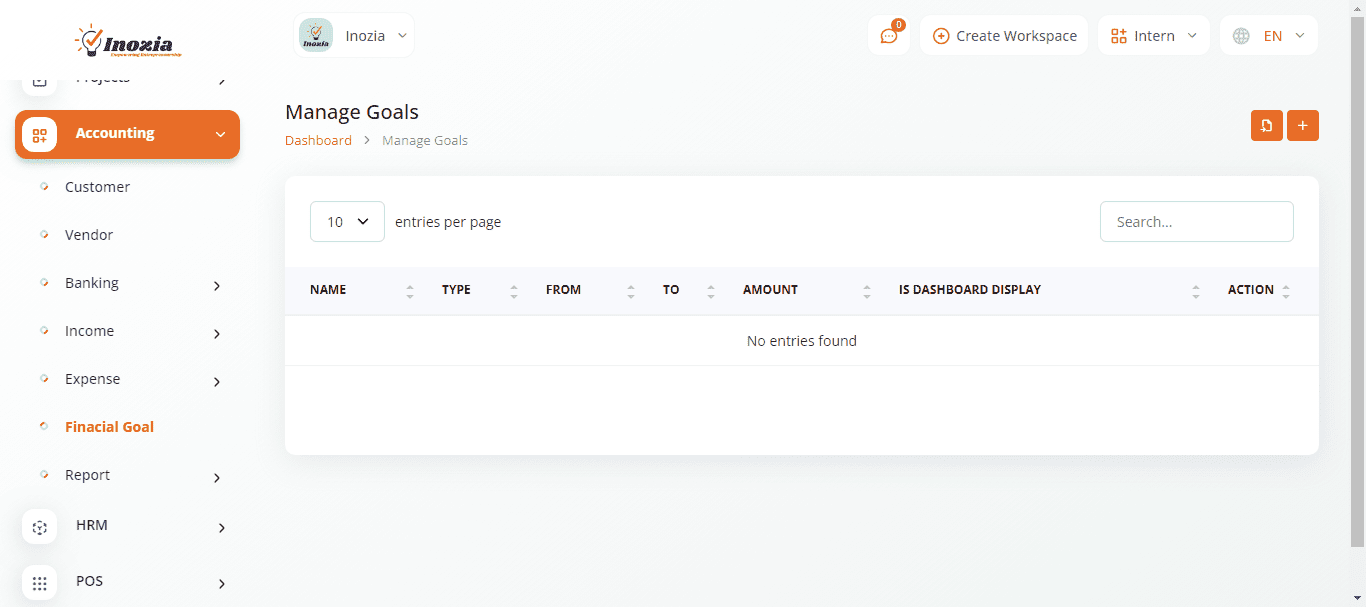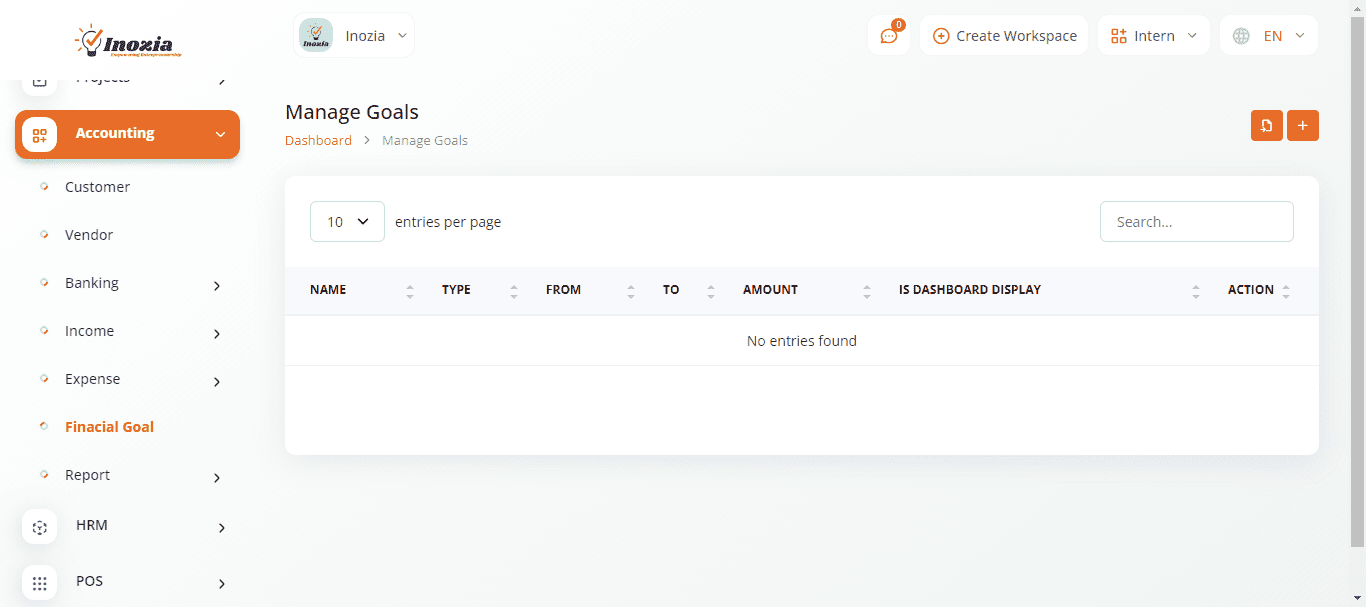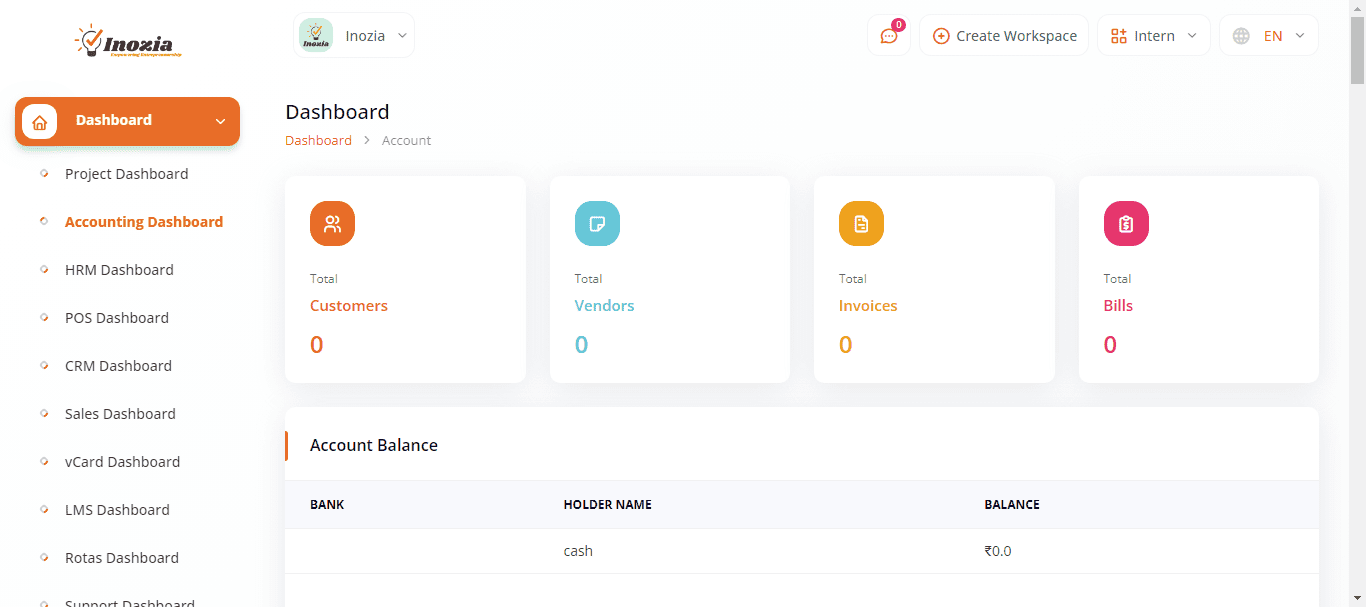Finacial Goal
Establish and monitor financial and business objectives. Monitor your advancements, refine your approach, and expand your business, all contingent on the Account Module.
Financial Goals
A financial goal acts as a precise aim in the efficient management of your finances, covering aspects such as saving, spending, earning, or investing. Creating a comprehensive budget relies on the essential task of compiling a list of these financial goals.
What are financial goals?
Financial goals are the personal, big-picture objectives you set for how you’ll save and spend money. They can be things you hope to achieve in the short term or further down the road. Either way, it’s often easier to reach your goals if you identify them in advance.
Think about what’s important to you as you begin to set goals. It’s completely normal to have several goals, and for them to change over time.
Having financial goals can help shape your future by influencing the actions you take today. For example, say your goal is to pay off a colossal credit card bill. You might cut back on takeout dinners and use the money you save to make extra payments instead. Without establishing that goal, you’re more likely to continue spending as usual while your debt piles up.
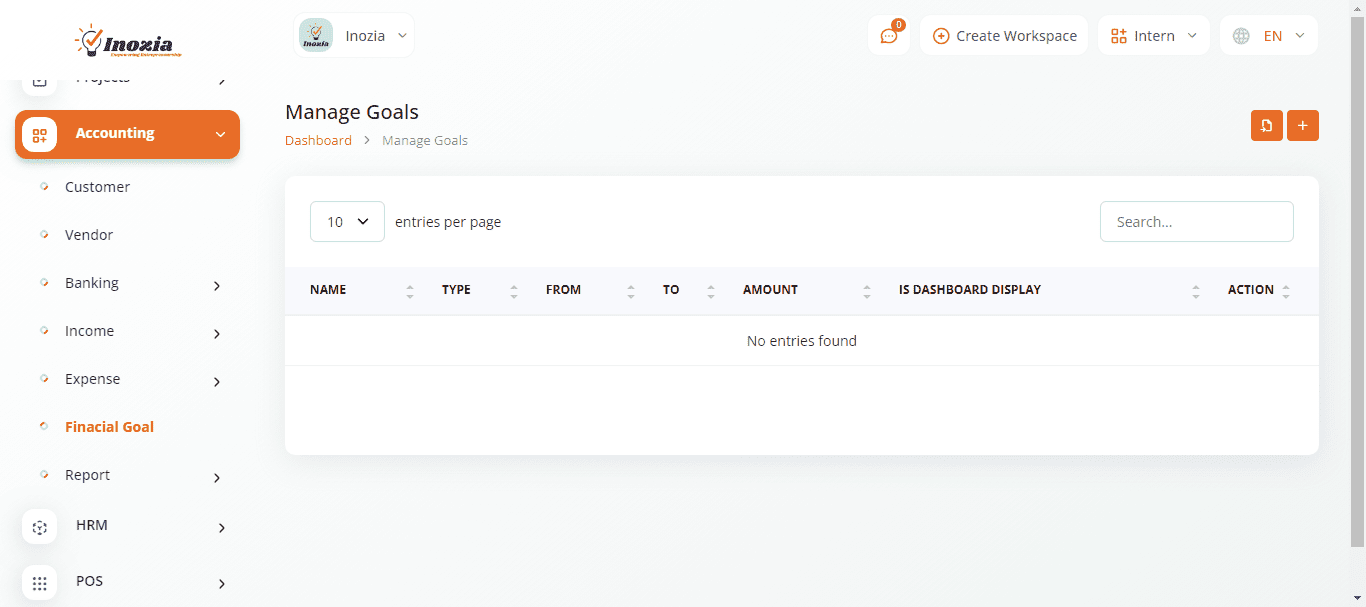
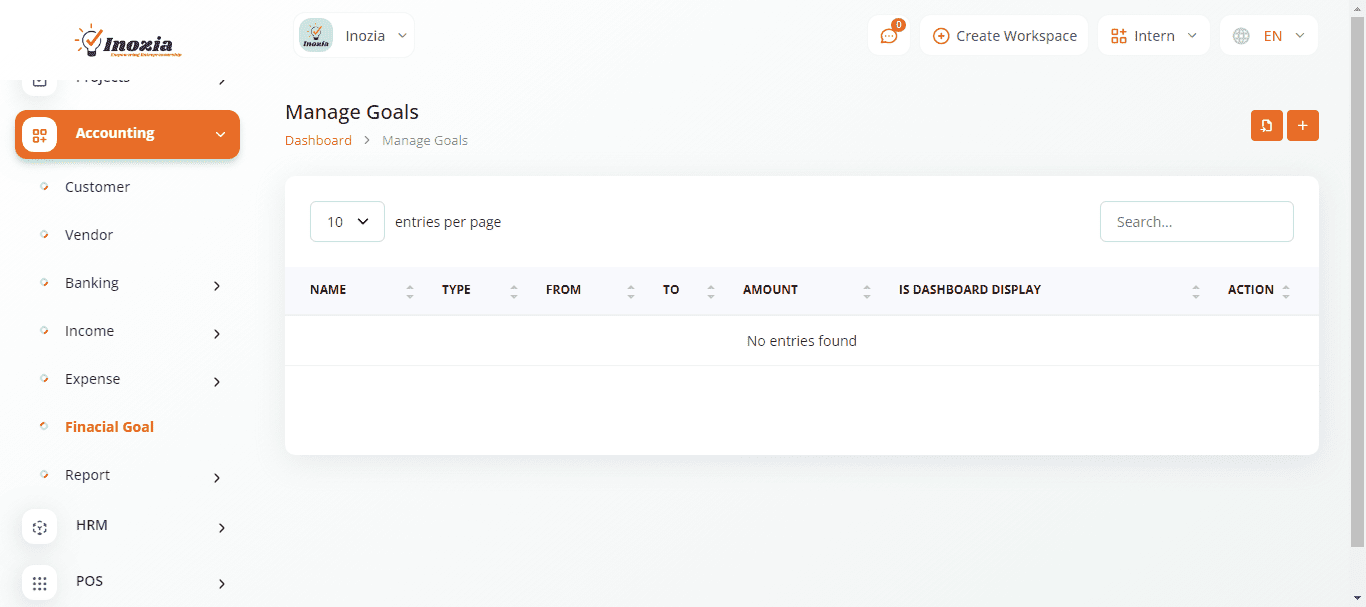
Types of Financial Goals
Although you can have a wide variety of goals, you can broadly classify each of these goals within a specific time frame so that your priorities become clear. Categorizing as per time frame helps you visualize the goals and pace yourself accordingly. To ensure your life is planned and on track, you must focus on putting clear timelines when setting goals. This will make you more productive and effective. Here are 3 types of goals:1) Short-Term Goals 2) Medium-Term Goals 3) Long-Term Goals
Opting for dedicated modules for your business offers numerous advantages.
Using Suite allows you to efficiently oversee all your business operations from a centralized platform.
Empower Your Workforce with SUITE
Access over Premium Add-ons for Accounting, HR, Payments, Leads, Communication, Management, and more, all in one place!
- Pay-as-you-go
- Unlimited installation
- Secure cloud storage
Why choose dedicated modulesfor Your Business?
With Suite, you can conveniently manage all your business functions from a single location.



